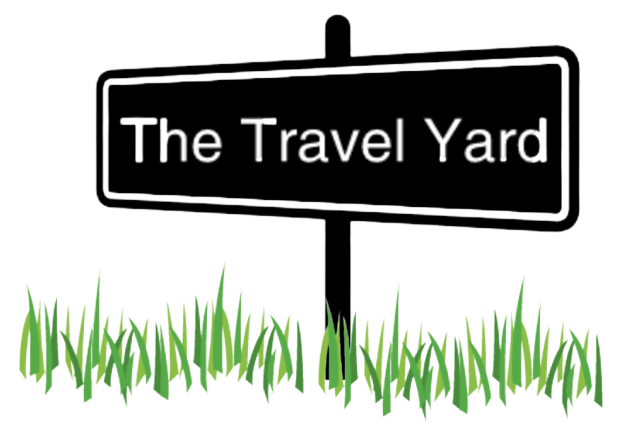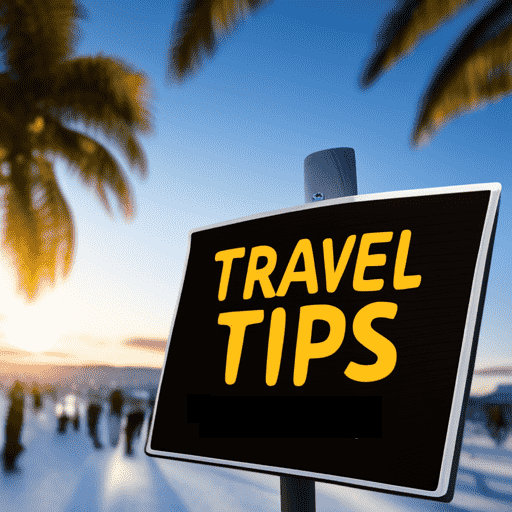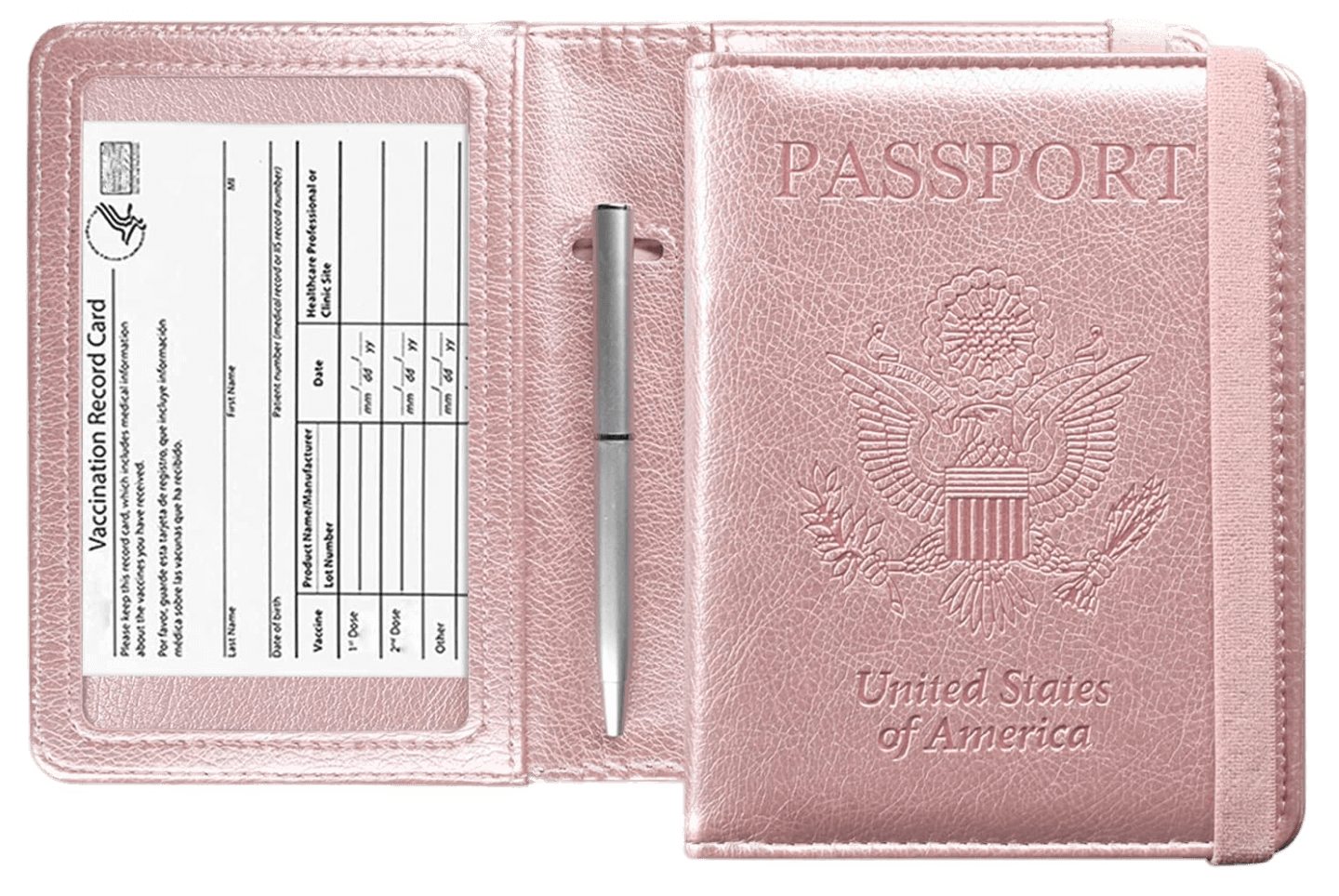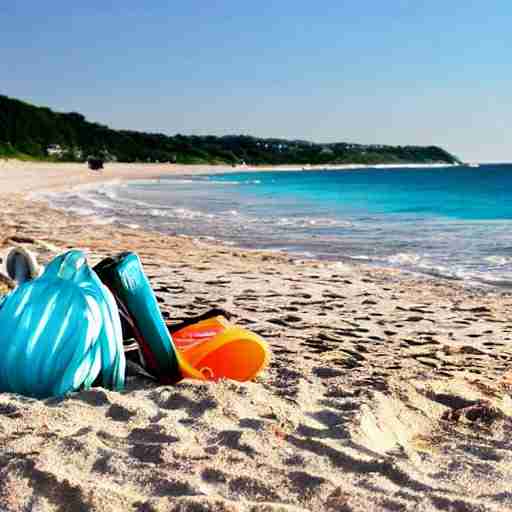Solo travel essentials are key to having a memorable journey when you’re exploring a new place alone for the first time. Traveling offers numerous benefits, including the opportunity to expand your horizons and make unforgettable memories. However, if it’s your first time traveling solo, it’s essential to take the necessary steps to guarantee a pleasant experience.
Our aim is to offer you useful solo travel information, especially if you’re a beginner. Our tips cover various aspects of traveling alone, such as planning, preparation, exploring new places, and embracing different cultures. Our expert guidance will give you the confidence to make your solo trip unforgettable. Join us as we explore the world of “Solo Travel Tips for Beginners” and embark on an exciting journey by yourself.
Solo Travel Essentials Pre-Travel Planning
1. Researching and Choosing the Destination
For a trip that leaves a lasting impression, choosing the right destination is essential. Think about your finances, your hobbies, your sense of safety, and your cultural comfort level. These factors are essential while deciding where to go on vacation.
After deciding where you want to go, it’s time to start doing some online research to learn more. Websites like Lonely Planet and TripAdvisor provide detailed destination guides, traveler reviews, and interactive forums to help you make an informed decision.

2. Setting a Budget and Creating a Travel Itinerary
Having a plan and knowing how much money you’ll be spending can help you remain on track and enjoy your vacation. Utilize resources like Budget Your Trip and Numbeo to estimate costs for flights, accommodations, meals, and activities. Make a plan that leaves room for flexibility while yet allowing you to see all the sights you want to see.
Solo Travel Essentials Documents and Health Preparations
1. Passport and Visa Requirements
Make sure your passport is valid for travel for at least six months after your departure date to prevent any unexpected delays. If your destination country requires a visa, make sure you give yourself plenty of time to research the criteria and application procedure. The U.S. Department of State’s website (travel.state.gov) provides up-to-date information on passport and visa requirements.
2. Vaccinations and Health Precautions
Make seeing a doctor or other medical professional a top priority before, during, and after your trip. The Centers for Disease Control and Prevention (CDC) website (cdc.gov) offers comprehensive guidelines on necessary vaccinations and health precautions for different destinations. Also, pack a travel first-aid kit containing essentials like over-the-counter medications, bandages, and any prescribed medications.
Solo Travel Essential Booking Flights and Accommodations
1. Finding Affordable Flights
Finding reasonably-priced flights can significantly affect your travel expenses. Utilize flight search engines like Skyscanner, Kayak, or Google Flights to compare prices and find affordable options. Be flexible with your travel dates and consider alternative airports to increase your chances of finding cheaper flights.
2. Choosing Suitable Accommodations
Choosing the right accommodations is essential for a pleasant experience. Websites like Booking.com and Airbnb offer a wide range of options, from hotels and hostels to vacation rentals. To make sure that the accommodations you choose match your preferences and budget, it’s a good idea to read reviews from past guests.
Table: Comparison of Accommodation Options
Accommodation Type | Description | Pros | Cons |
Hotels | Traditional accommodation with varying amenities and services | – Convenient | – Can be expensive |
Hostels | Budget-friendly accommodation with a focus on communal spaces and shared facilities | – Affordable | – Limited privacy |
Vacation Rentals | Private homes or apartments available for short-term rental | – More space | – Requires more research |
This table provides a comparison of different accommodation options, highlighting their key characteristics and benefits. Consider these factors when choosing the accommodation that best suits your preferences and travel style.
Packing Essentials
1. Creating a Packing Checklist
To pack efficiently, it’s best to have a well-organized checklist that takes into account the climate, activities, and cultural norms of your destination. To assist you, here are some essential items to include:
- Versatile clothing suitable for various weather conditions
- Comfortable footwear for walking and exploring
- Toiletries and personal care items (travel-sized to comply with regulations)
- Electronic gadgets (chargers, adapters, power banks)
- Travel accessories (travel pillow, earplugs, travel locks)

2. Tips for Packing Efficiently
To make the most of your luggage space and keep your clothes wrinkle-free, roll them up or use packing cubes. For your toiletries, opt for travel-sized containers and compression bags to save space. Be sure to keep an eye on the weight restrictions of your chosen airlines to avoid any extra baggage fees.
Staying Safe and Healthy while Traveling
1. Safety Tips for Travelers
To ensure your safety while traveling, it’s important to learn about the customs and laws of the area you’ll be visiting. Take time to research the safety situation and be mindful of any potential dangers or scams. It’s especially important to be vigilant in crowded areas and to keep your valuables secure. Make sure to carry copies of important documents, like your passport and travel insurance information, and store them separately in case of emergency.
2. Maintaining Good Health during the Trip
When you’re traveling, it’s important to stay healthy so you can enjoy your trip to the fullest. To do this, make sure you drink plenty of water and limit your alcohol intake. Don’t forget to get travel insurance that covers medical emergencies. Keep germs at bay by washing your hands often and using hand sanitizer. And, to avoid jet lag, prioritize getting enough restful sleep to help your body adjust to any time zone changes.
Getting Around and Communicating
1. Transportation Options at the Destination
Before traveling, it’s best to research and plan your transportation options in advance to make the most of your trip. To explore cities in a cost-effective way, consider using public transportation systems like buses, trains, and metros. But if you prefer more flexibility, you can opt to rent a car or use ridesharing services such as Uber or Lyft. Mobile apps like Rome2rio and Citymapper can assist in finding the best routes and schedules.
2. Overcoming Language Barriers
Enhance your travel experience by overcoming language barriers. Show respect to locals and facilitate communication by learning basic phrases in the local language. Language learning apps like Duolingo and translation apps like Google Translate can be valuable resources. Also, utilize maps and local resources to navigate your way around.
Immerse Yourself in the Local Culture
1. Engaging with Locals and Respecting Customs
To gain a complete understanding and appreciation of a culture, it is important to immerse yourself in the local customs and traditions. This can be done by researching and learning about the local etiquette, which is a display of respect. Additionally, interacting with the locals, seeking their advice, and participating in local cultural activities and cuisine can enhance your experience and deepen your appreciation for the destination.
2. Discovering Off-the-Beaten-Path Attractions and Experiences
While popular attractions are a must-see, you can create even more unforgettable experiences by exploring beyond the usual tourist spots. Research lesser-known sites, local markets, and non-touristy neighborhoods to find secret gems. Websites like Atlas Obscura and local travel blogs can provide valuable insights and recommendations with travel tips for beginners.

Managing Finances and Handling Emergencies
1. Money Management Tips for Travelers
It is important to manage your finances while traveling. Here are some helpful tips to consider:
- Use credit cards that offer travel rewards and benefits.
- Inform your bank about your travel plans to avoid any payment issues.
- Withdraw local currency from ATMs for better exchange rates.
- Track your expenses using apps like Trail Wallet or Expensify.
2. Dealing with Travel Emergencies
Although unexpected situations can occur, being ready can minimize their effects. Here are some essential measures to take:
- Familiarize yourself with the contact information of your country’s embassy or consulate at your destination.
- Purchase travel insurance that covers medical emergencies, trip cancellations, and lost belongings.
- Save important contact numbers, both local and international, and store digital copies of essential documents securely.
Conclusion
Embarking on your first travel adventure is an exciting experience. To make it truly memorable, it’s important to follow comprehensive travel tips for beginners. Remember to conduct thorough research, prepare adequately, and be open to new experiences while keeping your safety and well-being in mind. Happy Travels!










